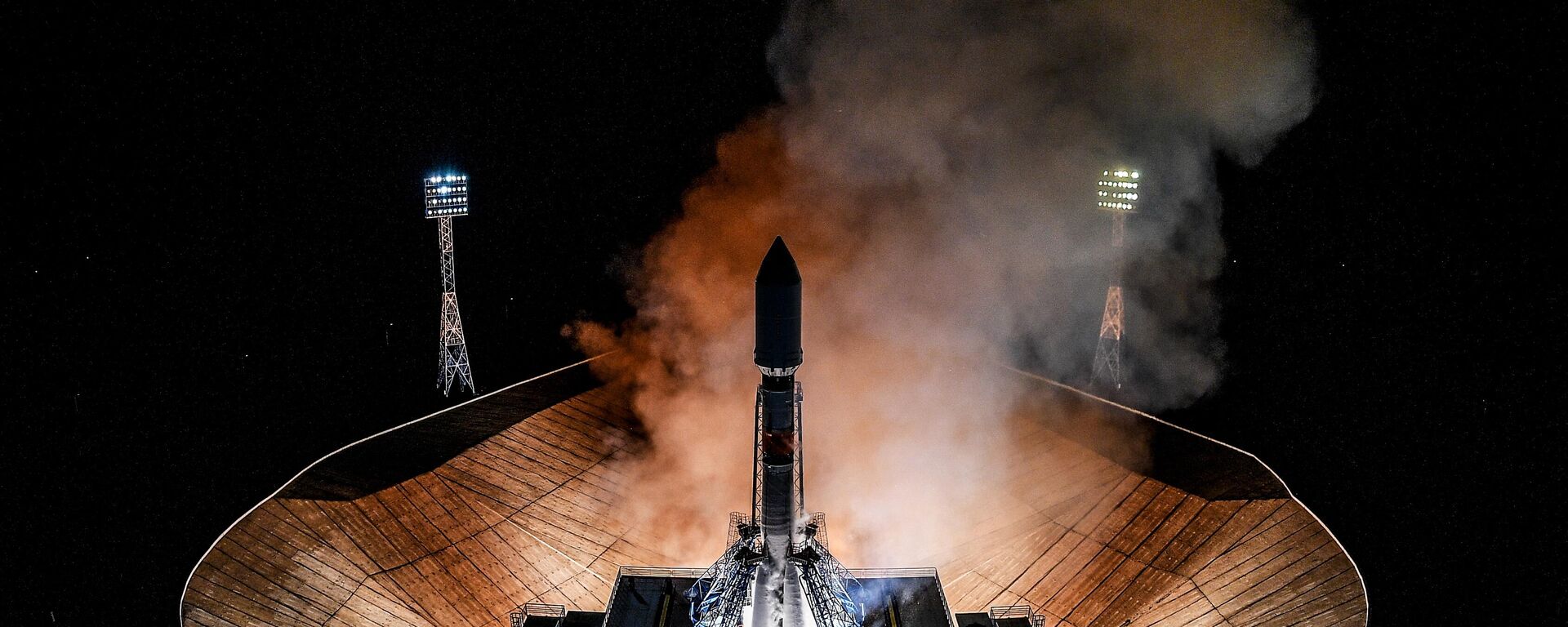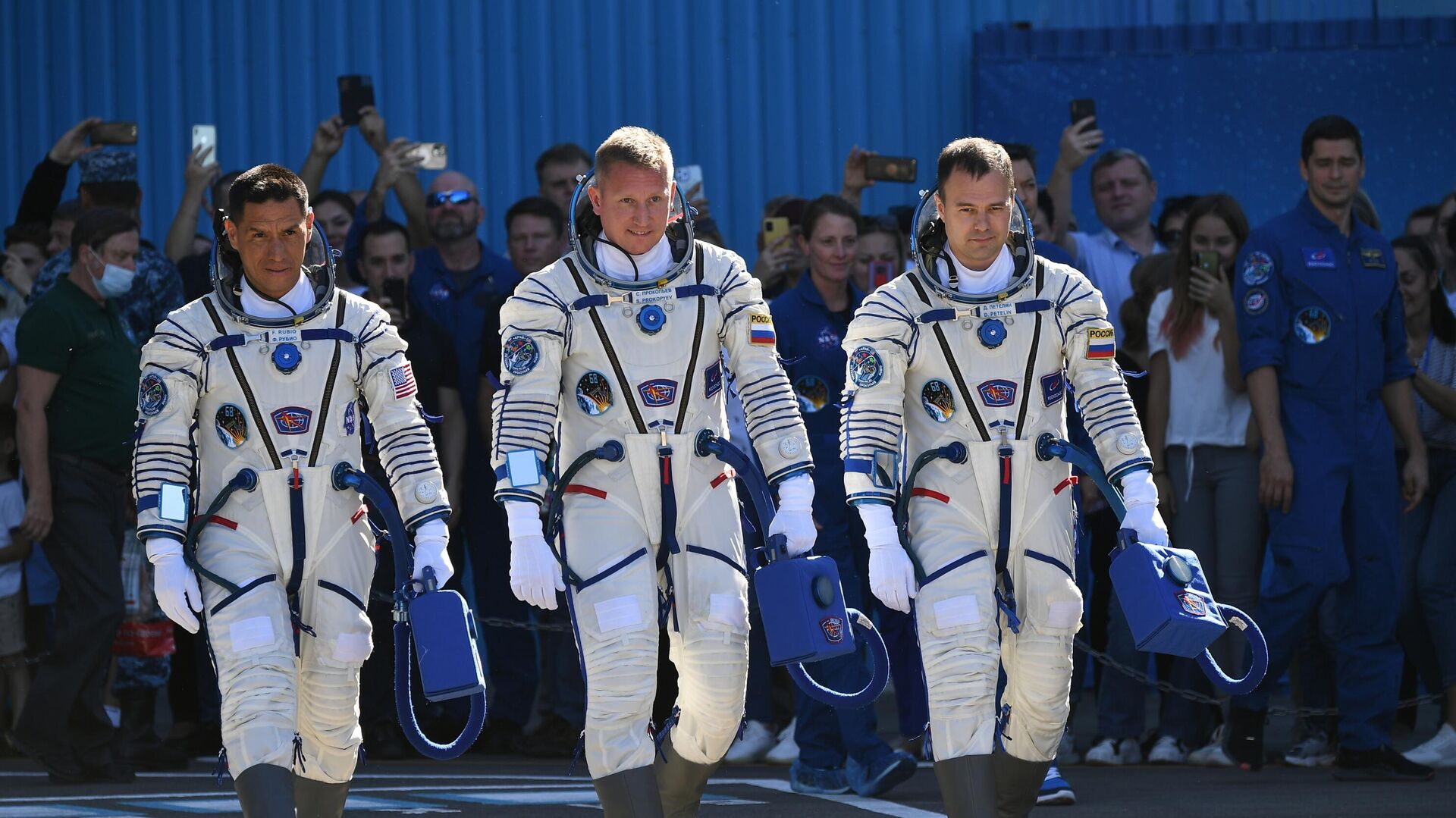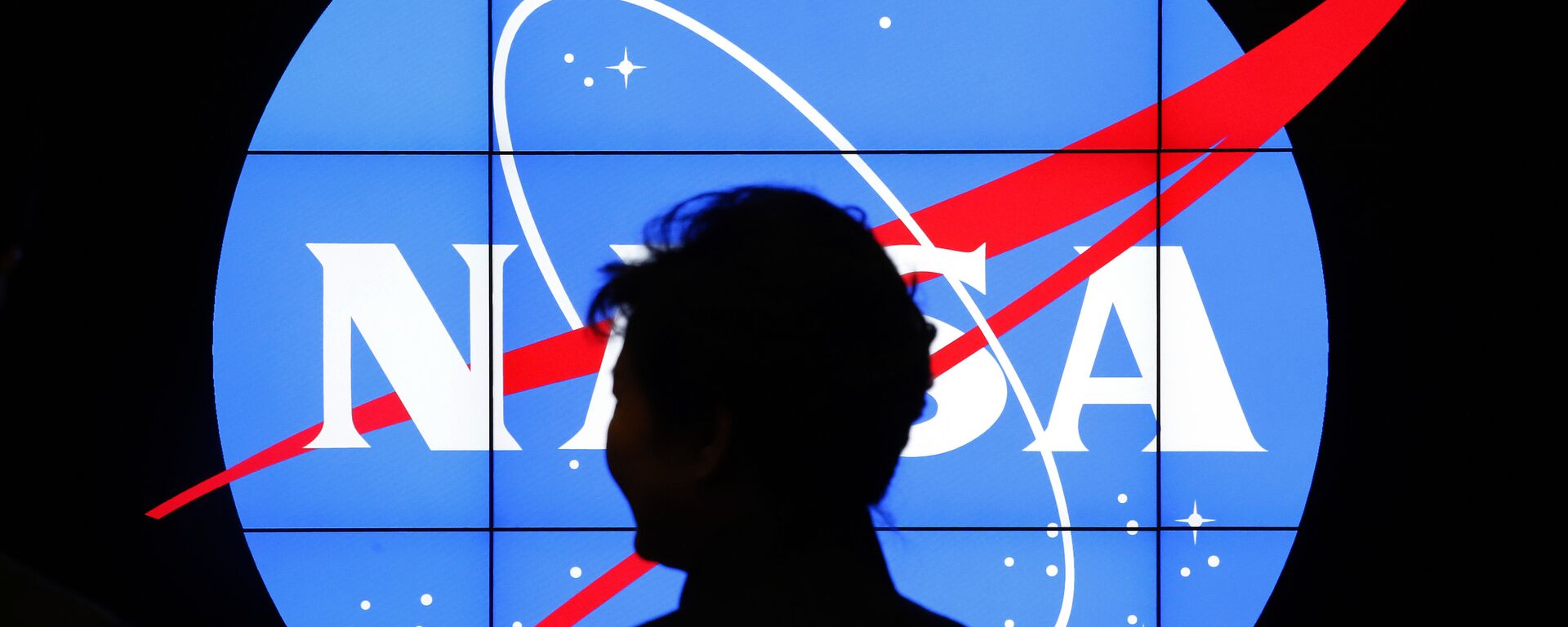https://sputnikglobe.com/20241007/us-russia-work-at-iss-phenomenal-example-of-bilateral-cooperation---nasa-chief-1120462075.html
US-Russia Work at ISS ‘Phenomenal Example’ of Bilateral Cooperation - NASA Chief
US-Russia Work at ISS ‘Phenomenal Example’ of Bilateral Cooperation - NASA Chief
Sputnik International
The work between Russia and the United States on the International Space Station (ISS) is a "phenomenal example" of cooperation between the two countries, NASA Administrator Bill Nelson told Sputnik on Monday.
2024-10-07T16:56+0000
2024-10-07T16:56+0000
2024-10-07T16:56+0000
beyond politics
bill nelson
yuri borisov
russia
earth
nasa
roscosmos
international space station (iss)
mir
soyuz
https://cdn1.img.sputnikglobe.com/img/07e8/04/0b/1117874582_0:0:2966:1668_1920x0_80_0_0_b372435dca83a2fa59715a1ebec34cd7.jpg
"This is one of the phenomenal things in history because we have been cooperating - the Russians and the Americans - have been cooperating in space ever since 1975 Apollo-Soyuz," Nelson said. In April, Nelson said in a congressional testimony that the US space agency requested additional emergency funding from Congress to start preparing a spacecraft to deorbit the ISS and bring its remains safely to Earth after 2030 if space cooperation with Russia breaks down before then. Current plans anticipate that NASA and the Russian state space corporation Roscosmos will work closely together to safely deorbit the ISS so as not to threaten any populated areas on Earth, the NASA chief said in April. However, given the current tensions in US-Russia relations, NASA cannot take for granted that the ongoing cooperation with Roscosmos will continue in the indefinite future, Nelson added.The United States and Russia are committed to continuing cross flights to the International Space Station (ISS), the NASA Administrator noted."Of course," Nelson said, when asked whether the integrated flights will be continued.The United States and Russia will sign a new deal to fly integrated crews on American crew spacecraft and on the Soyuz spacecraft in another year or so, Nelson also shared with Sputnik."In another year or so," Nelson said, when asked when a new agreement on integrated flights will be signed. Nelson noted that the Russian section of the space station gives the boosting and propulsion up."The American section gives all of the electricity. So naturally, we have to have both crews up there in order to be able to operate the space station," the NASA chief added.
https://sputnikglobe.com/20241004/us-astronaut-dyson-says-privilege-to-fly-on-historical-soyuz-rocket-with-russian-partners-1120415439.html
https://sputnikglobe.com/20240622/nasa-innovation-slowed-down-by-bureaucracy-probably-will-not-land-humans-on-moon-in-2026-1119056617.html
russia
earth
Sputnik International
feedback@sputniknews.com
+74956456601
MIA „Rossiya Segodnya“
2024
Sputnik International
feedback@sputniknews.com
+74956456601
MIA „Rossiya Segodnya“
News
en_EN
Sputnik International
feedback@sputniknews.com
+74956456601
MIA „Rossiya Segodnya“
Sputnik International
feedback@sputniknews.com
+74956456601
MIA „Rossiya Segodnya“
us-russia work at iss, russia us space program, russia us space cooperation, russia us space partnership, roscosmos nasa joint work in space
us-russia work at iss, russia us space program, russia us space cooperation, russia us space partnership, roscosmos nasa joint work in space
US-Russia Work at ISS ‘Phenomenal Example’ of Bilateral Cooperation - NASA Chief
WASHINGTON (Sputnik) - The work between Russia and the United States on the International Space Station (ISS) is a "phenomenal example" of cooperation between the two countries, NASA Administrator Bill Nelson told Sputnik on Monday.
"This is one of the phenomenal things in history because we have been cooperating - the Russians and the Americans - have been cooperating in space ever since 1975 Apollo-Soyuz," Nelson said.
In April, Nelson said in a congressional testimony that the US space agency requested additional emergency funding from Congress to start preparing a spacecraft to deorbit the ISS and bring its remains safely to Earth after 2030 if
space cooperation with Russia breaks down before then.
"Then Russia had the first space station. Then they built Mir. And they wanted us to come and dock our American space shuttle to Mir. Then we together built the International Space Station. So it's a phenomenal example of cooperation between the two nations," he added.
Current plans anticipate that NASA and the Russian state space corporation Roscosmos will work closely together to safely deorbit the ISS so as not to threaten any populated areas on Earth, the NASA chief said in April.
However, given the current tensions in US-Russia relations, NASA cannot take for granted that the
ongoing cooperation with Roscosmos will continue in the indefinite future, Nelson added.

4 October 2024, 16:21 GMT
The United States and Russia are committed to continuing cross
flights to the International Space Station (ISS), the NASA Administrator noted.
"Of course," Nelson said, when asked whether the integrated flights will be continued.
A NASA spokesperson told Sputnik in September that NASA is working to reach an agreement with Roscosmos to continue integrated space flights to the International Space Station (ISS) beyond 2025.
The United States and Russia will sign a new deal to fly integrated crews on American crew spacecraft and on the Soyuz spacecraft in another year or so, Nelson also shared with Sputnik.
"In another year or so," Nelson said, when asked when a new agreement on integrated flights will be signed.
"I don't know the timing on the documents, but of course we fly integrated crews on Soyuz and on Dragon and eventually on Starliner because we have to have both countries represented on the space station," he added.
Nelson noted that the Russian section of the
space station gives the boosting and propulsion up.
"The American section gives all of the electricity. So naturally, we have to have both crews up there in order to be able to operate the space station," the NASA chief added.
Earlier, Roscosmos chief Yuri Borisov told reporters he expects Roscosmos and NASA will be able to agree on the continuation of cross-flights of integrated crews to the ISS after 2025. NASA and Roscosmos had previously committed to work together to send crews to the ISS until at least 2025.




